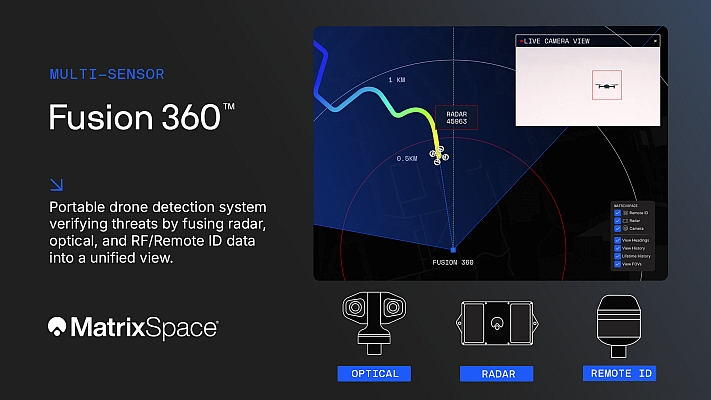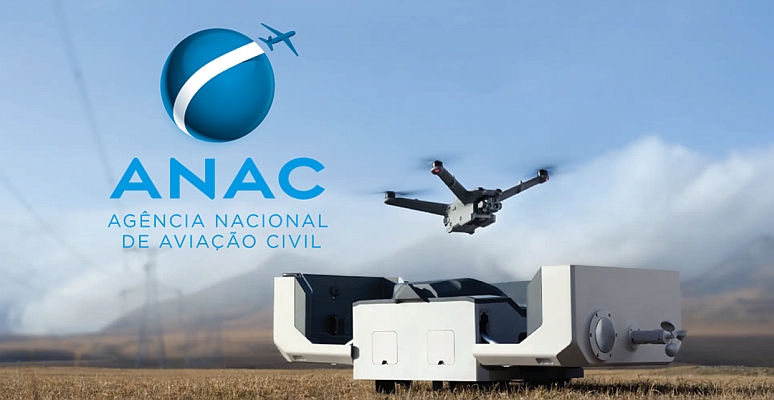ESRI’s education industry team, which covers primary and secondary (K–12) education, higher education (college and university), and informal education (youth clubs, museums, and libraries), is growing. The team added two new members who have been playing significant roles in geographic information system (GIS) education for a decade or more.
Dr. Joseph Kerski comes to ESRI after 17 years as a geographer at the U.S. Geological Survey in Denver, Colorado, and four years as a geographer for the U.S. Census Bureau. In the last decade, Kerski has conducted countless teacher training sessions around the world; been a frequent and tireless exhibitor, presenter, and speaker at conferences involving geospatial technology; and written scores of lessons used by educators in all grade levels around the world. His task with ESRI will be to oversee the construction of more classroom content, coordinating the production of lessons that engage the expanding variety of GIS tools.
“Kids today have such incredible choices,” says Kerski. “They get to gather data with GPS units, integrate it with content from top scientists or students in faraway lands, analyze it, show it in 3D, and even come up with ideas for how to change the community or the planet. We just need to help their teachers unleash their curiosity and capacity. Good curriculum will make that possible.”
Dr. Tom Baker joins the education industry team after a decade of research, technical development, and teaching in the classroom for most grade levels, from middle school to college, as well as teacher education at the University of Kansas. During that span, Baker participated in numerous research and instruction projects with the Center for Research on Learning. Baker created the KanGIS Web site for spatial thinking and science education and crafted the Student Data Mapper, an ArcIMS environment that allows students to generate their own research projects and map out public responses in separate ArcIMS implementations.
At ESRI, Baker will lead the creation of an education portal. “This portal will allow educators to access curricula and cooperate in the production of content,” he says. “We want teachers and students of all ages to do more map-based activities, both 2D and 3D. We want to enhance the research opportunities and expand the power for visualization and analysis that students and teachers can do over the Internet. ArcWeb Services and ArcGIS Server open up major territory for good instructional content.”
For more information about ESRI education solutions, visit www.esri.com/university for higher education, www.esri.com/k-12 for K–12 education, or www.esri.com/libraries for libraries and museums.
Contact Joseph Kerski (e-mail: jkerski@esri.com) or Tom Baker (e-mail: tbaker@esri.com) for more information on their individual projects.






